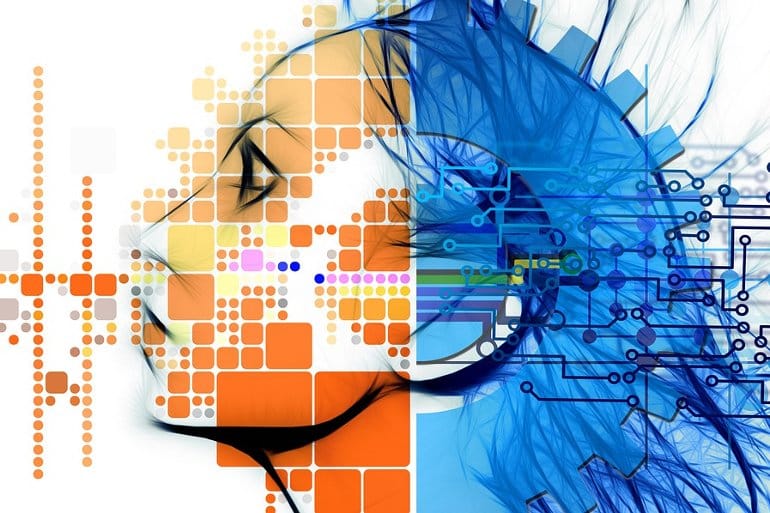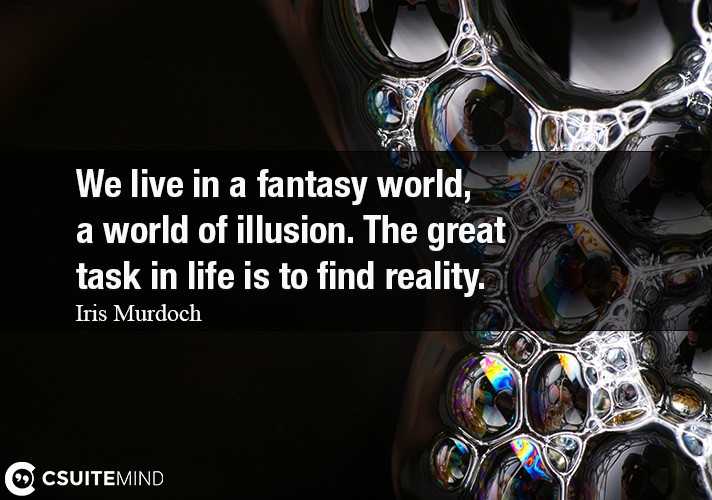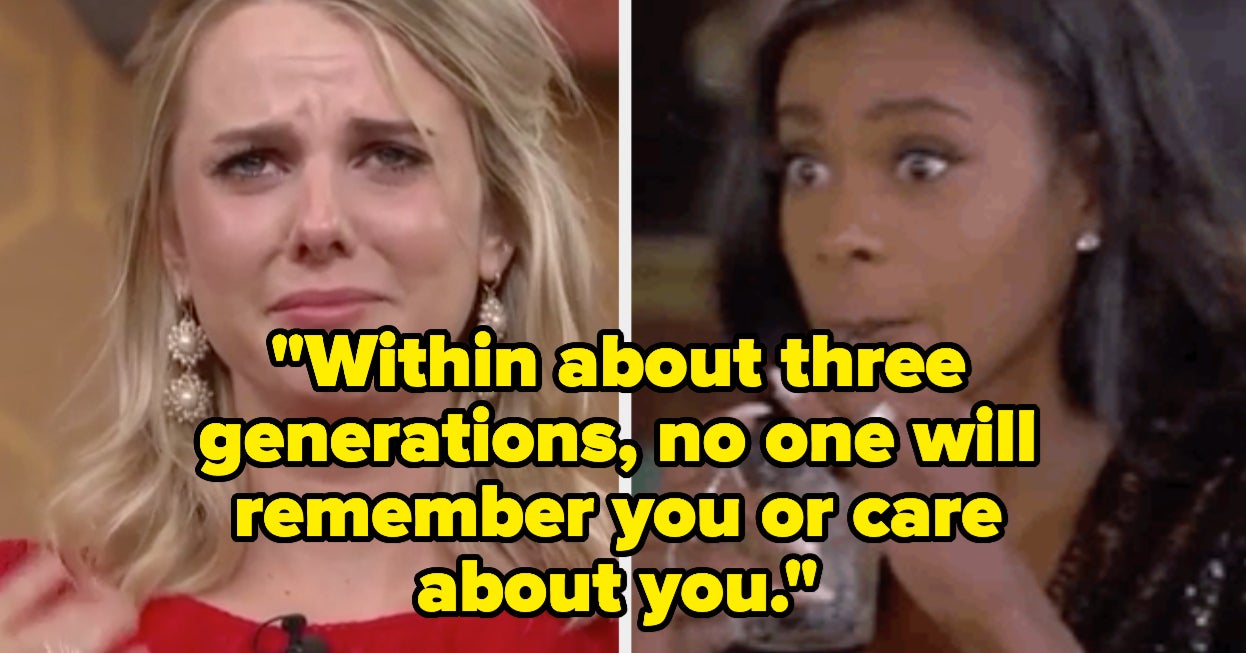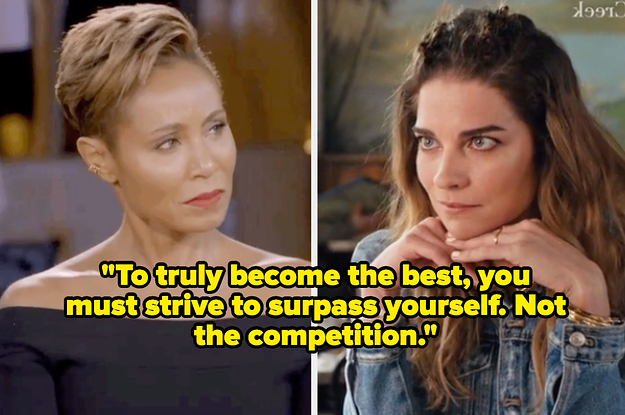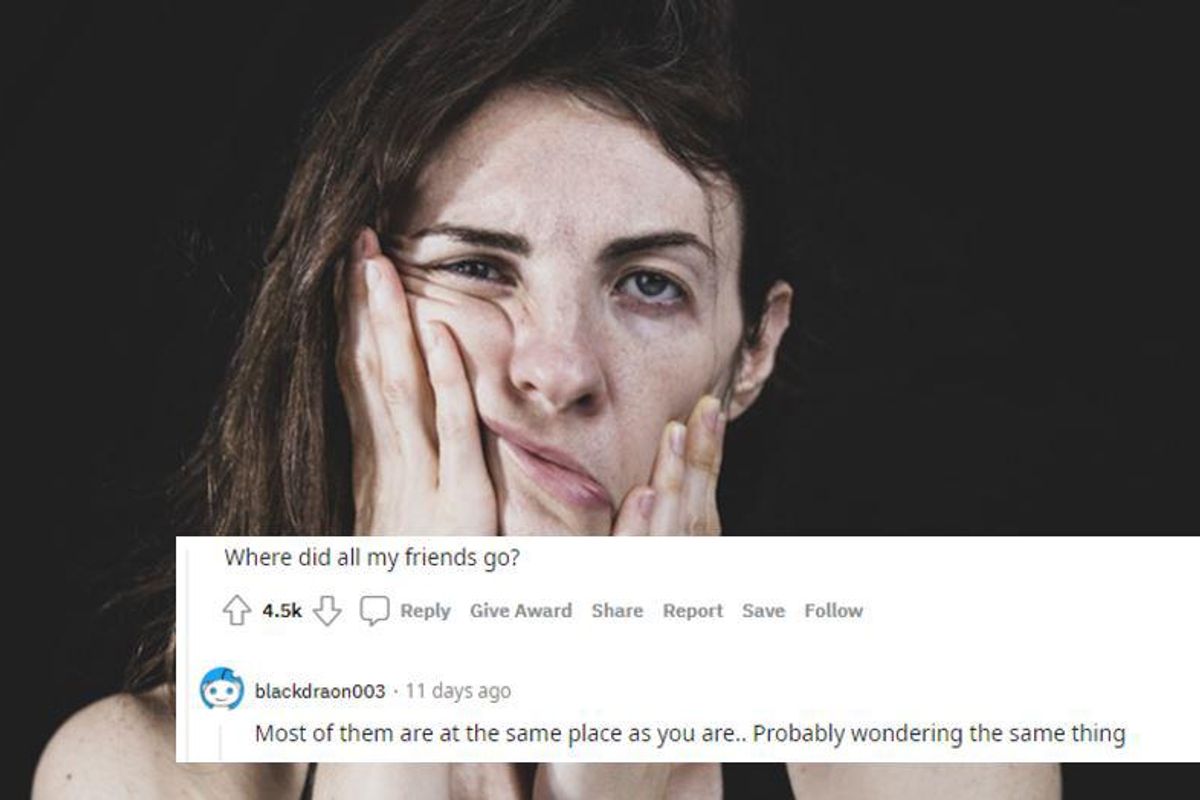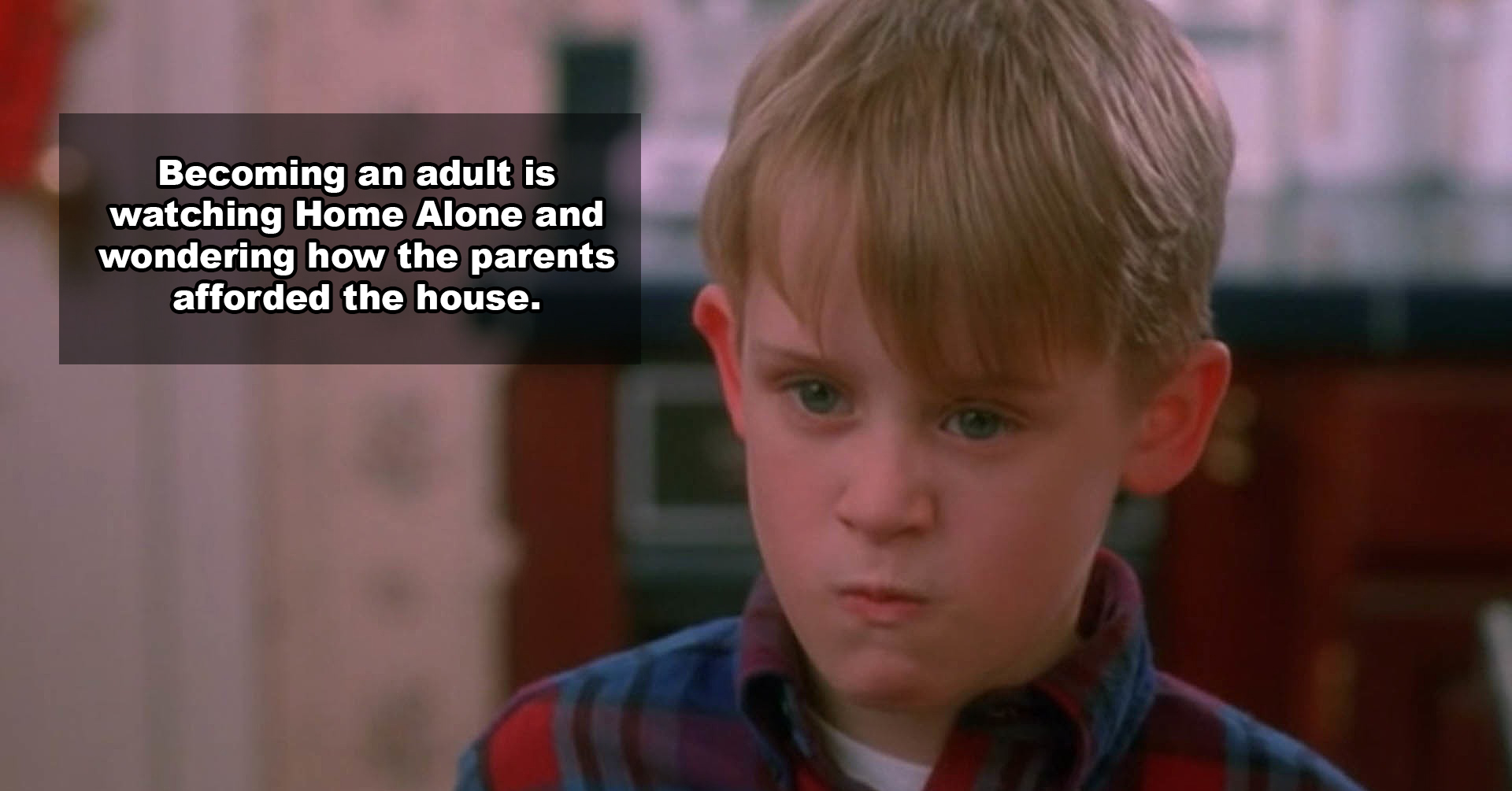Monday, January 31, 2022
End Times' Signs of Failed "Pandemic Psyops"! All sorted out! (2)
End Times' Signs of Failed "Pandemic Psyops"! All sorted out! (1)
People Are Sharing "Sad Truths" You Only Realize When You're An Adult, And It's Eye-Opening
"Very few people actually know what they're doing."
The other day, redditor u/TheArbiterDecim asked the internet, "What’s a sad truth you only realize when you’re an adult?" People shared a ton of adulting truths that honestly hit pretty hard.
1. "Very few people actually know what they're doing."
2. "The older you get, the faster time appears to pass by. A year when you’re 10 is a tenth of your whole life; a year when you’re 40 is much less significant."
3. "It's OK to want a partner. I feel like in this day and age, we glorify independence. But supreme independence isn’t ideal, at least for me. Of course, it’s good to do things on your own, but having a partner by your side is great also."

4. "It’s sad to say but people can be very shallow (myself included). People easily like to make quick judgements about you based on your ethnicity, race, sex, gender, beauty, income, and profession, thinking they know everything about you and who you are."
"These factors, in fact, don’t define a person’s character, intelligence, capacities, and who they truly are as a person."
5. "Your paychecks are always disappointing."
6. "For 99.99% of us, within about three generations, no one will remember you, and no one will care to remember you."
7. "You have fewer friends in adulthood."

"Also, when you're at school or university, pretty much everyone is the same age as you, so you have lots in common. When you work in an office when you're older, there's a good chance that everyone will be different ages, and few will have the same things in common."
8. "Your happiness needs to come from you. You can’t depend on others for it. If you’re going to find joy, you need to find it in yourself every day. Your choice."
9. "The simple act of existing is incredibly expensive."
10. "You never finish cleaning your kitchen."
11. "There aren’t really any safety nets for people with mental illness and disabilities, and if you don’t have a support system to lean on, you’re pretty much f**ked."

"As someone with an intense manic episode and a bipolar 1 diagnosis under my belt, I can't possibly agree more. Hospitalization and loving family saved my life in more ways than one."
12. "Not all adults are nice."
13. "For a period of time, you will find yourself in the cycle of 'need a car to go to work' and 'mostly going to work to afford my car.'"
14. "Old age isn’t a sudden drop off a cliff; it's a constant process that you will never be able to stop. You might not even notice it’s happening until you look back at old photos of yourself."

15. "Being around the wrong people can seriously decrease your quality of life."
16. "Maturity has nothing to do with your actual age, and you'll start to notice many of the adults you looked up to are just children who are pretending."
17. "My father wasn’t hard on me because he wanted the best for me; he was hard on me because he saw me as a reflection of his self-worth."
18. "As much as we hated school, we should have tried taking it seriously and learning all the subjects to the best of our ability."

"Learning later on life is hard as there are less programs available to brush up or become more skilled — and these programs can be moderately expensive to very expensive."
19. "Not everyone thinks like you."
20. "Everything seems to be too expensive when you have to work for it."
And finally...
21. "At some point, everything you do, you'll do it for the last time, but you won't even know it."
-
https://humanmelodysustained.blogspot.com/2024/11/theyre-everywhere-sort-out-all-such.html https://humanmelodysustained.blogspot.com/2024/12...
-
Narcissistic Abuse: Examples, Signs, and Effects What is Narcissistic Abuse? The term describes a type of emotional abuse that comes from...
-
Continuing from here and here and here ... I've been featuring Rustie (God Blessed her) for the truth and insight she uni...
